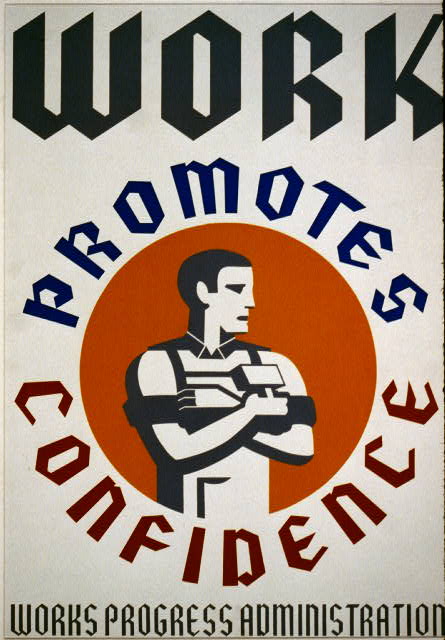Year of Being 50: Day 37: How We Value Work: A Case for UBI
When you meet someone new, you might ask them, “What do you do?” You aren’t asking what they do with all of their time. You aren’t asking how they raise their kids or tidy their house. You aren’t (usually) asking what their hobbies are. You are asking what they do for a job. A paying job. What do they do to pay the bills? What do they do that someone else has deemed worthy enough to pay them for? I admit, I fall into this trap too. (At least initially. Then I delve deeper into hobbies and other interests. But I think I’m unusual in this.)
I posit that this is a flawed way of thinking about things. How did we get to the point where we only value what someone else will pay for? With so many people falling for impulse buys and the Next Shiny New Thing, how does this make sense?
What about the intrinsic value of voluntarily taking care of others, learning new things, striving for personal growth, expanding our horizons (both physically and metaphorically), and taking care of our own physical and mental health?
Some of us require more time spent on taking enough care of ourselves to even be able to do work that someone else will pay for. So we’re destined to have less money, to live at a lower standard of living, to have fewer resources to even be able to take care of ourselves in the first place. Are we less worthy than those who need less upkeep?
Universal Basic Income (UBI) would go a long way to at least helping us keep our bills paid while we rest and regain energy to do work that someone else will give us money for.
As usual, if you want to support my efforts at this blog, please consider buying your Amazon purchases through this affiliate link where I receive some financial benefit. Or go right to the source and send me money through PayPal. No pressure, though.

